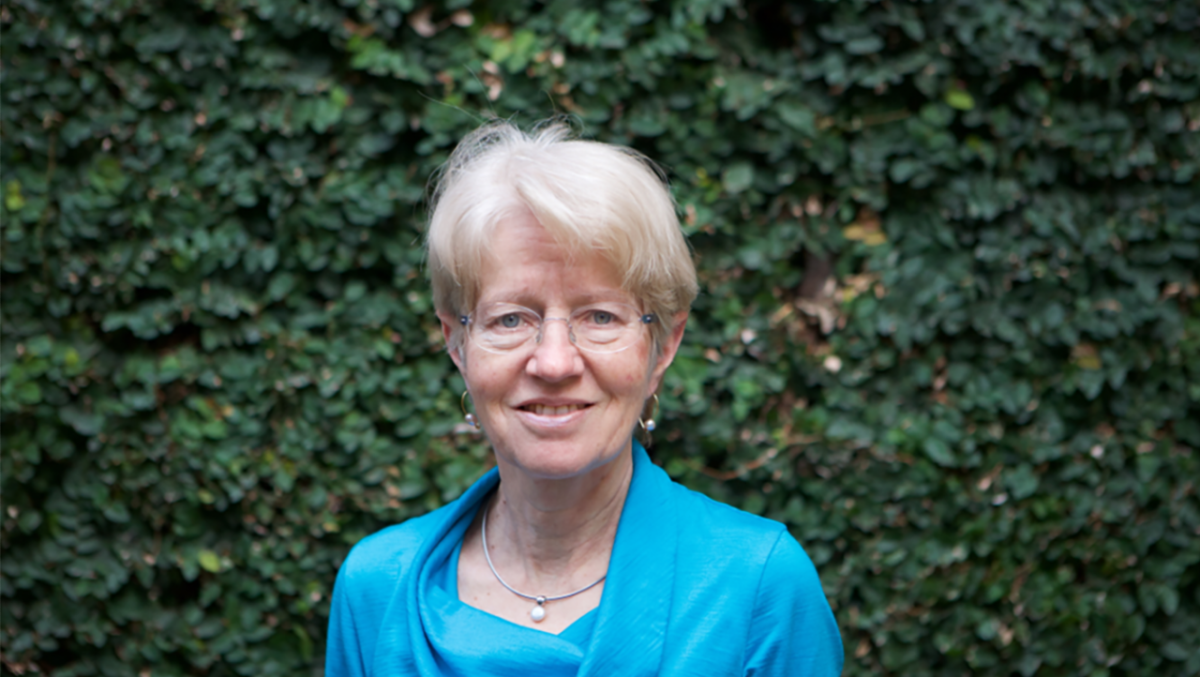Mathematics and Gender: Nature vs Nurture

Mathematics and Gender: Nature versus Nurture - A public lecture by Professor Inge Koch
The underrepresentation of girls and women in advanced mathematics courses in the final years of high school, in university mathematics degrees, and in mathematics-related careers and professions is well documented and of concern for gender-equity as well as economic reasons. How does this disproportion agree with the hypothesis that ‘Girls and boys can learn maths equally well'?
Is there a difference in mathematical abilities and attitudes between the genders? What factors influence - positively or negatively - gender differences? What changes occur during the school years and how can negative trends be ameliorated or reversed?
This talk looks at differences between genders in their mathematical abilities and attitudes.
To gain some insights into nature versus nurture, we draw on the concepts of maths anxiety, self-confidence in and attitude to mathematics of students and teachers in the recent literature.
We link these insights with results from an analysis of more than 8000 surveys of year 5 to year 9 students which were collected as part of the CHOOSEMATHS program of the Australian Mathematical Sciences Institute from 2016 to 2019. The findings are encouraging and point to directions which can improve confidence of less confident (female) students in their mathematical abilities.
SCHEDULE
5pm – 6pm: Lecture by Prof Inge Koch in Colombo Theatre B, UNSW Sydney
6pm – 7pm: Refreshments and Australian Women of Mathematics Exhibition viewing in Colombo foyer
ABOUT THE SPEAKER
Professor Inge Koch is Associate Dean, Mathematical Sciences, at RMIT. She is a co-founder of Do The Maths (formerly Girls Do The Maths) at UNSW. Throughout her career, Professor Koch has been a champion for mathematics and gender diversity in maths, passionate about encouraging young women to study it at all levels and to follow careers that use maths skills.
She is a Statistician with research interests in the analysis of high-dimensional and functional data, ranging from new methodology to cross-disciplinary collaborations including biologists and medical experts.



